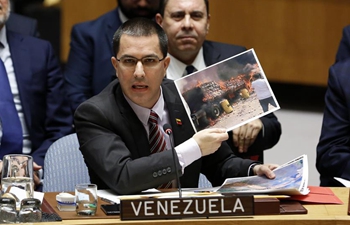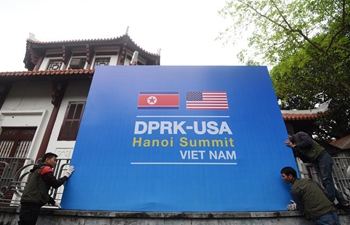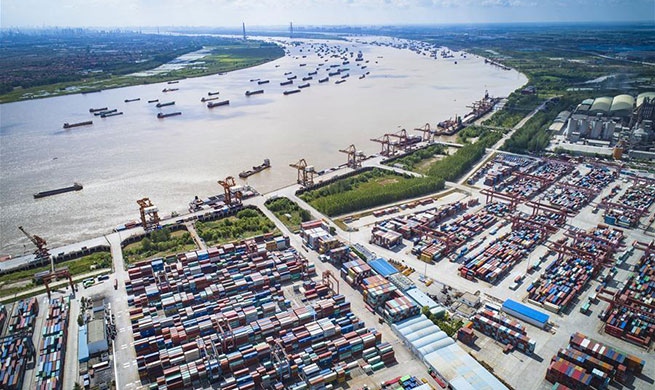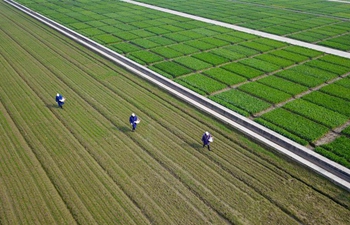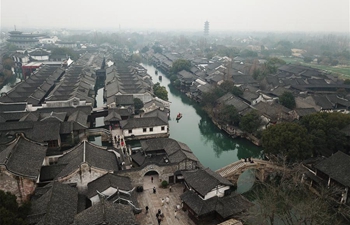NAIROBI, Feb. 27 (Xinhua) -- Kenya's Ethics and Anti-Corruption Commission (EACC) said Wednesday it has embarked on sensitization and awareness creation on the effects of graft across the country, a senior official disclosed.
Twalib Mbarak, EACC chief executive officer said the move is aimed at building capacity of people in the public and private sector to stop corruption.
"Besides tracing corruption cases, we also want to stop the vice from happening by educating people on its bad side," Mbarak said on Wednesday during a validation workshop for Ethics Commission for Cooperative Societies of the State Department of Co-operatives in Nairobi.
Mbarak noted that the new approach is aimed at engaging people directly and is expected to play a role in making Kenya corruption free.
He said that the commission has started entering into partnerships to help strengthen efficiency and monitoring of cooperative societies in the country.
"We are set to organize joint specialized training on leadership, integrity, ethics, anti-corruption and good governance," he added.
Susan Mochache, principal secretary in the ministry of industry, trade and cooperatives said the cooperative movement faces various challenges that include weak governance, poor management by boards and committees and corruption among others.
Mochache said that the movement cuts across all sectors of the economy including agriculture, finance, insurance, healthcare, transport, education and training, agro processing and manufacturing activities hence the need to combat corruption in the co-operative sector.
"The co-operative movement in Kenya is rated first in Africa with over 22,000 registered co-operative societies commanding a membership of over 14 million and employing more than 500,000 Kenyans directly and another 1.5 million indirectly," she noted.
Mochache said that the co-operatives in Kenya have mobilized members' savings and deposits of over 732 billion Kenya shillings (7.32 billion U.S. dollars), with an asset base of 10 billion dollars and loan portfolio exceeding 7 billion dollars as of 2017.

